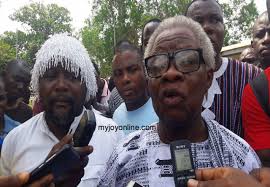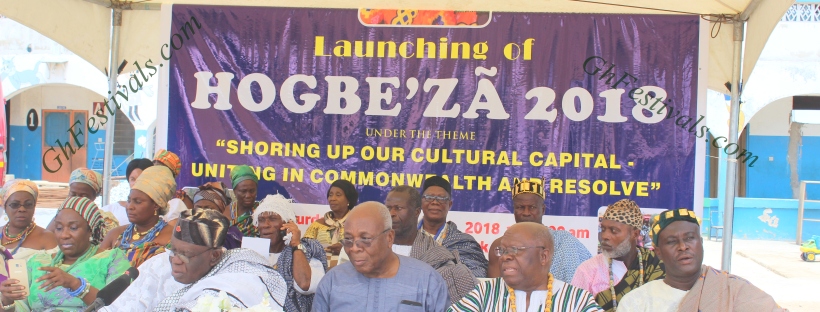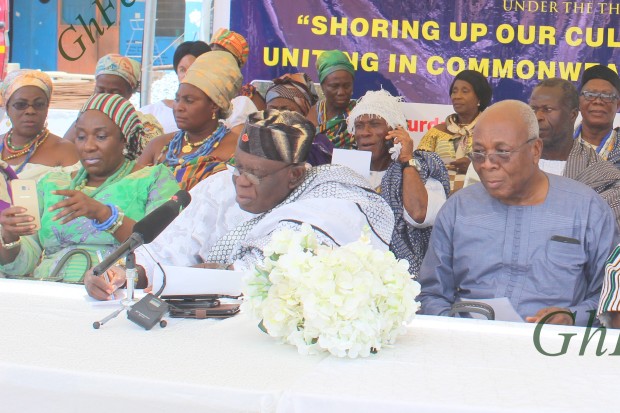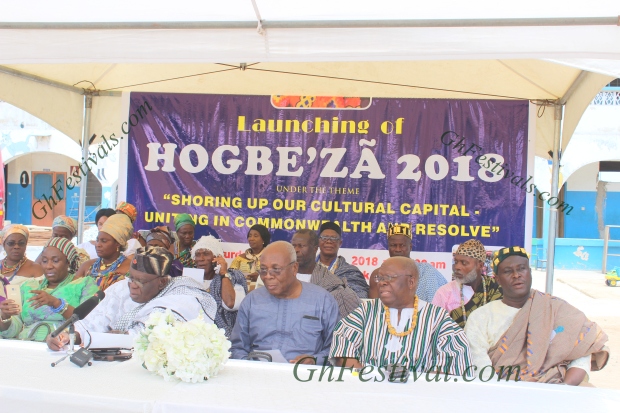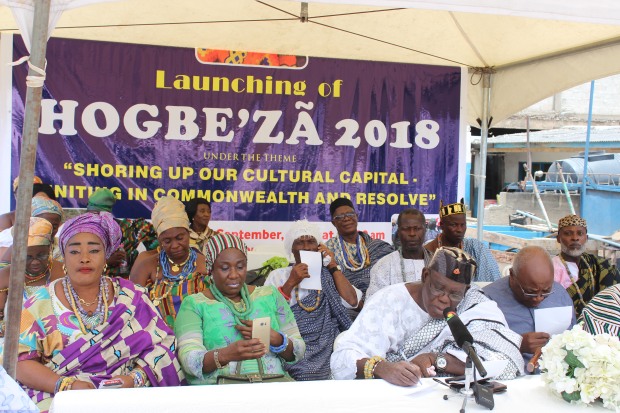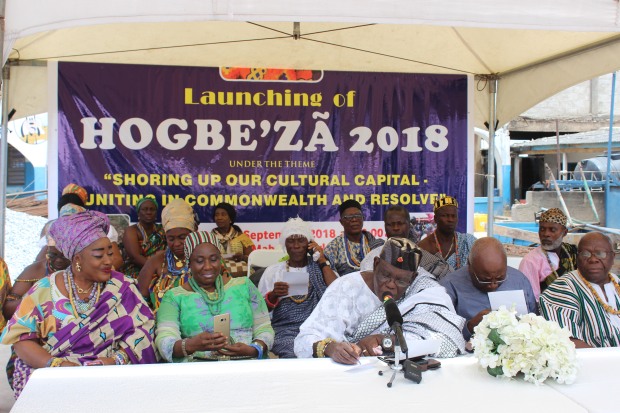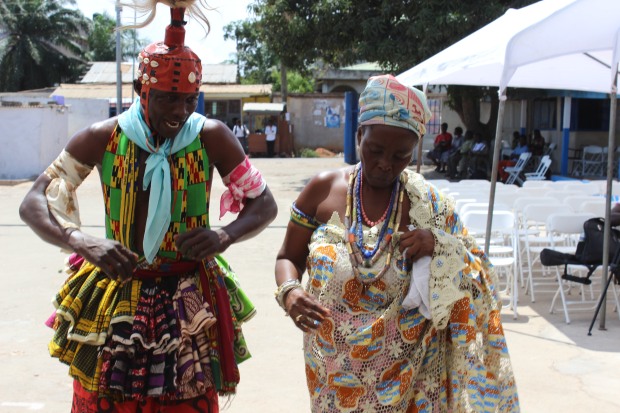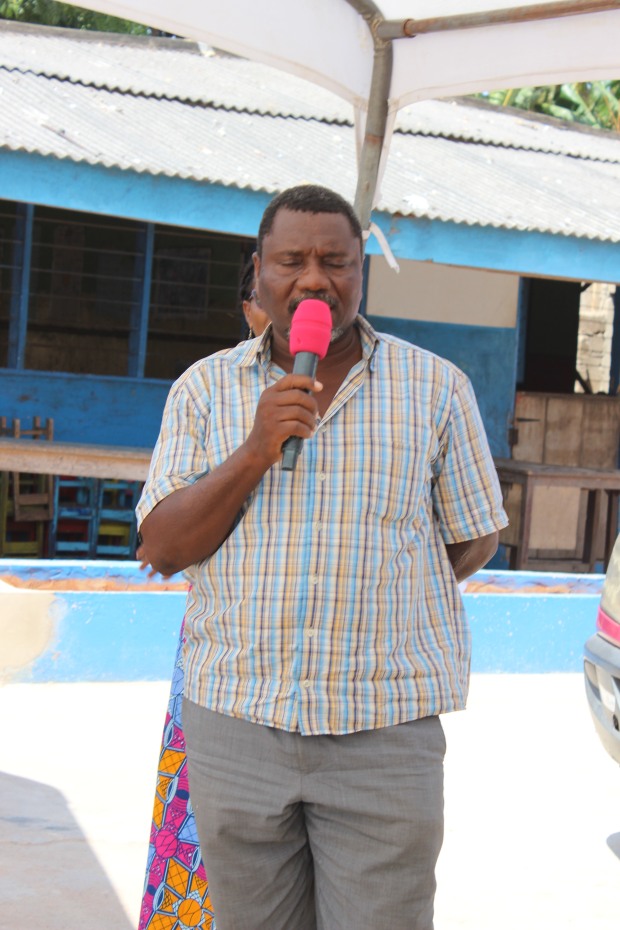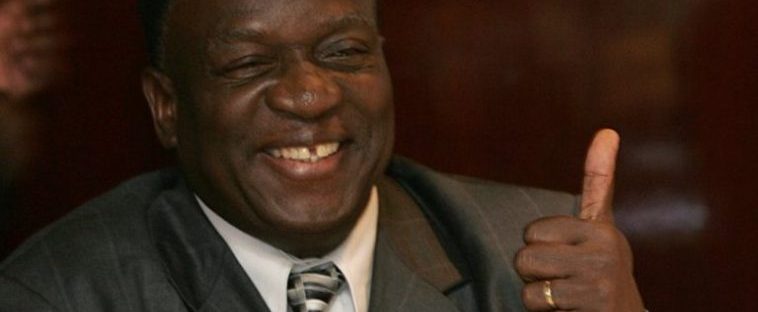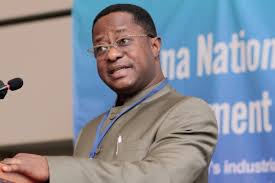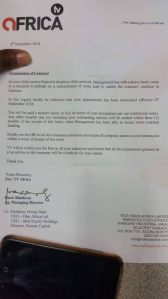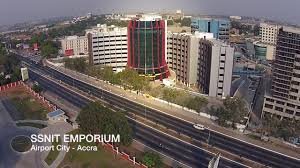Ghana’s security forces say they are not taking any chances as they deal with a a revolutionary separatist movement seeking to forge a new West African nation.
A joint police and military operation cracked down this month on a group that said it was preparing to declare its own nation in the eastern Volta region bordering Togo.
Soldiers blocked roads and stormed houses, arresting 89 people across the region, most of them around the town of Ho, 150 kilometres (93 miles) northeast of Ghana’s capital Accra.
“We are not leaving anything to chance.”
“We are not leaving anything to chance,” said Prince Dogbatse, Volta region police spokesman. “We’re on high alert… to protect the territorial boundaries of Ghana.”
How serious is the separatist threat?
The separatists, members of the innocuous-sounding “Homeland Study Group Foundation”, or HSGF, call their dream country “Western Togoland”.
Police say the group not only has an anthem, constitution and flag, but is also training a militia force.
The Volta region is also a stronghold of Ghana’s main opposition party, the National Democratic Congress (NDC).
Leading the separatist movement
85-year-old Charles Kormi Kudzordzi, who is white-haired and needs a walking stick is the leader of the separatist movement. His supporters fondly call him “Papavi”, or grandfather.
A video taken by a local journalist of the arrests shows Kudzordzi leaning heavily on a carved wooden stick, flanked by men in combat helmets and automatic rifles leading him towards a military helicopter.
The retired teacher pauses, as if out of breath, before getting in.
Kudzordzi was flown to the confines of the high-security walls of Ghana’s Bureau of National Investigations in Accra, accused, with seven other men, of being the group’s leaders, and charged with treason.
They risk the death penalty if found guilty.
Kudzordzi, who was granted bail but could not meet the conditions, will next appear in court on May 22 with his co-accused.
A further 81 supporters have been released on bail on illegal gathering charges.
Why the push for a new country?
Separatists say the Volta area has a unique history and culture and warrants being its own country, but reject accusations of planning violence to achieve their goal.
“Our activities have always been in the open,” the fugitive secretary of HSGF, George Nyakpo, told AFP.
Local lawmaker Rockson-Nelson Dafeamekpor accused police of heavy-handedness.
“We are in a democratic state, and you don’t just arrest people because you think they have an intention to demonstrate,” said Dafeamekpor.
The role of the colonisers
The region’s problems are deeply rooted in divisions created by its colonial past.
During the so-called “Scramble for Africa”, Britain seized much of what is today Ghana, while Germany grabbed areas to the east, then Togoland.
After Germany’s defeat in World War One, Togoland was split west-east between Britain and France.
When Britain abandoned its empire in 1956, Ghana was among the first African colonies to gain freedom. The people of British Togoland were given a choice between Ghana and Togo, and Britain said nearly two-thirds opted to incorporate their area into Ghana.
Separatists say that vote was rigged.
“It was the craftiness of Britain… that deprived us of our self-rule and sovereignty,” the HSGFsaid in a statement last year.
If Western Togoland existed…
If Western Togoland were a country, it would be home to millions of people and possibly rich in oil and gold reserves.
Multiple ethnic groups live in the area; Christians, Muslims, and followers of voodoo.
Separatists say the territory is a strip 550 kilometres (340 miles) long and 60 kilometres wide, stretching from the border with Burkina Faso in the north to the Gulf of Guinea, sandwiched between Ghana and Togo.
UN documents from 1955 estimate then-British Togoland at 33,776 square kilometres (13,041 square miles), slightly bigger than Belgium.
But while the colonial-era area was landlocked, separatists today claim access to the sea.
Widespread support?
Historians reject a claim by separatists that in 1956 the people of Togoland were promised another referendum after 50 years.
“It is not true,” said Professor Wilson Yayoh, from Ghana’s University of Cape Coast.
Backers of Western Togoland claim widespread support, but many in Volta seem suspicious.
“Their mission is impossible,” said trader Doris Mawusi. “Ghana is our homeland and we are here to stay.”
“We don’t trust these HSGF people,” said Joseph Doe, a 57-year-old fisherman. “They are pursuing their parochial interests. What track record do they have to rule over us?”
The separatists began campaigning in 1972 as the “National Liberation Movement of Togoland”, dominated by the Ewe tribal group.
Their calls to renegotiate borders sparked tensions between Ghana and Togo, and in 1976, Accra banned the group.
Back then, US diplomatic cables said the government was “unusually sensitive to Ewe separatist challenges, which may be real or imaginary”.
Today, the issue seems to cause no less twitchiness in the Ghanaian capital.
Source: africanews.com
